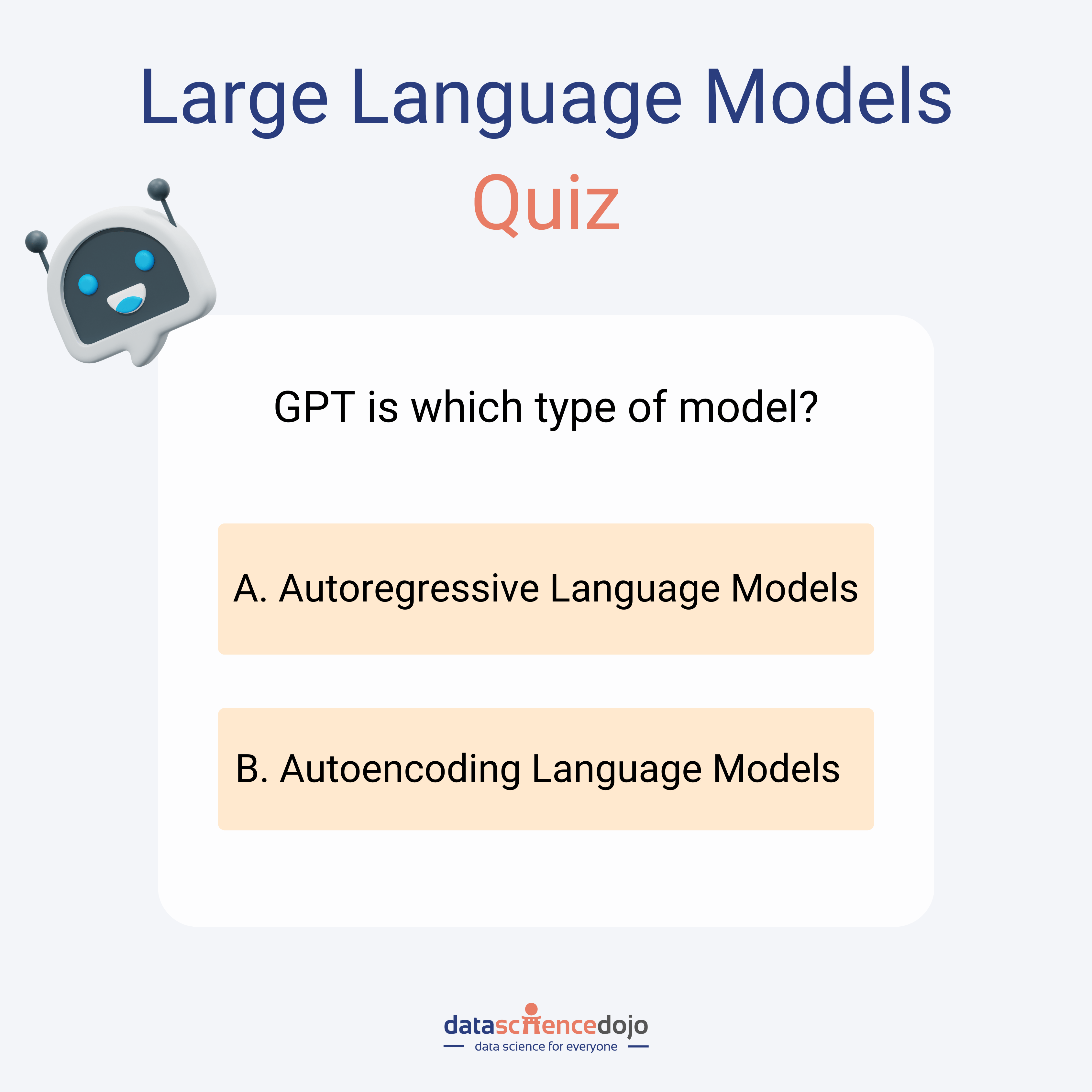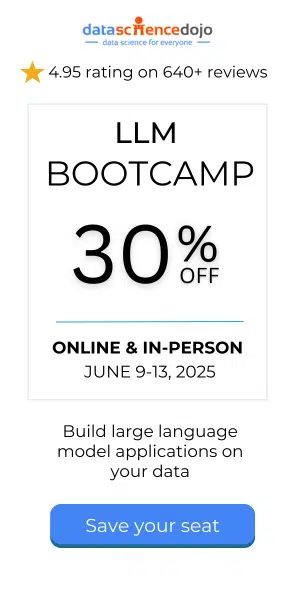Large language models (LLMs) are a type of artificial intelligence (AI) that are trained on a massive dataset of text and code. Learn LLMs to generate text, translate languages, write different kinds of creative content, and answer your questions in an informative way.
Before we dive into the impact Large Language Models will create on different areas of work, let’s test your knowledge in the domain. Take our quiz for your current understanding and learn LLMs further.

Learn LLM Quiz: Test Your Knowledge Now!
Are you interested in leveling up your knowledge of Large Language Models? Click below:
Why are LLMs the Next Big Thing to Learn About?
Knowing about LLMs can be important for scaling your career in a number of ways.

- LLMs are becoming increasingly powerful and sophisticated. As LLMs become more powerful and sophisticated, they are being used in a variety of applications, such as machine translation, chatbots, and creative writing. This means that there is a growing demand for people who understand how to use LLMs effectively.
- Prompt engineering is a valuable skill that can be used to improve the performance of LLMs in a variety of tasks. By understanding how to engineer prompts, you can get the most out of LLMs and use them to accomplish a variety of tasks. This is a valuable skill that can be used to improve the performance of LLMs in a variety of tasks.
- Learning about LLMs and prompt engineering can help you to stay ahead of the curve in the field of AI. As LLMs become more powerful and sophisticated, they will have a significant impact on a variety of industries. By understanding how LLMs work, you will be better prepared to take advantage of this technology in the future.
Here are some specific examples of how knowing about LLMs can help you to scale your career:
- If you are a software engineer, you can use LLMs to automate tasks, such as code generation and testing. This can free up your time to focus on more strategic work.
- If you are a data scientist, you can use LLMs to analyze large datasets and extract insights. This can help you to make better decisions and improve your business performance.
- If you are a marketer, you can use LLMs to create personalized content and generate leads. This can help you to reach your target audience and grow your business.
Overall, knowing about LLMs can be a valuable asset for anyone who is looking to scale their career. By understanding how LLMs work and how to use them effectively, you can become a more valuable asset to your team and your company.
Here are some additional reasons why knowing about LLMs can be important for scaling your career:
- LLMs are becoming increasingly popular. As LLMs become more popular, there will be a growing demand for people who understand how to use them effectively. This means that there will be more opportunities for people who have knowledge of LLMs.
- LLMs are a rapidly developing field. The field of LLMs is constantly evolving, and there are new developments happening all the time. This means that there is always something new to learn about LLMs, which can help you to stay ahead of the curve in your career.
- LLMs are a powerful tool that can be used to solve a variety of problems. LLMs can be used to solve a variety of problems, from machine translation to creative writing. This means that there are many different ways that you can use your knowledge of LLMs to make a positive impact in the world.
Read more about —->> How to deploy custom LLM applications for your business




